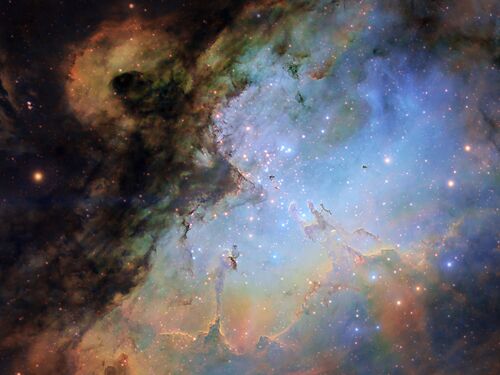Completed
Topics
Every four years, the World Radiocommunication Conference is held to discuss global policy for the use of the radio frequencies of the electromagnetic spectrum. The 2023 World Radiocommunication Conference (WRC23) will discuss specific Agenda Items which have potential impact on frequencies used for radio astronomy and Earth remote sensing. These Agenda Items were previously finalized at the 2019 Conference. This committee will assess these Agenda Items and produce a report that provides scientific expertise and advice, establishing positions as needed, in an effort to protect the scientific use of the electromagnetic spectrum at issue in the Agenda Items.
See CORF.
Description
| The National Academies of Sciences, Engineering, and Medicine will convene a committee to prepare a short report which will articulate the views of the U.S. science community on specific Agenda Items at issue at the 2023 World Radiocommunication Conference (WRC) with potential impact on scientific observations, particularly future radio astronomy and Earth remote sensing observations. The committee will:
In preparing its report, the committee will take into account the anticipated future spectrum requirements of the scientific communities and will ensure that the needs of multiple communities are appropriately considered. The report will not consider impacts on the transmission of scientific data. |
Contributors
Committee
Chair
Vice Chair
Member
Member
Member
Member
Member
Member
Member
Member
Member
Member
Member
Gregory Mack
Staff Officer
Sponsors
NASA
National Science Foundation
Staff
Gregory Mack
Lead
Linda Walker
Amisha Jinandra
More like this
Discover
Events
Right Now & Next Up
Stay in the loop with can’t-miss sessions, live events, and activities happening over the next two days.
NAS Building Guided Tours Available!
Participate in a one-hour guided tour of the historic National Academy of Sciences building, highlighting its distinctive architecture, renowned artwork, and the intersection of art, science, and culture.
